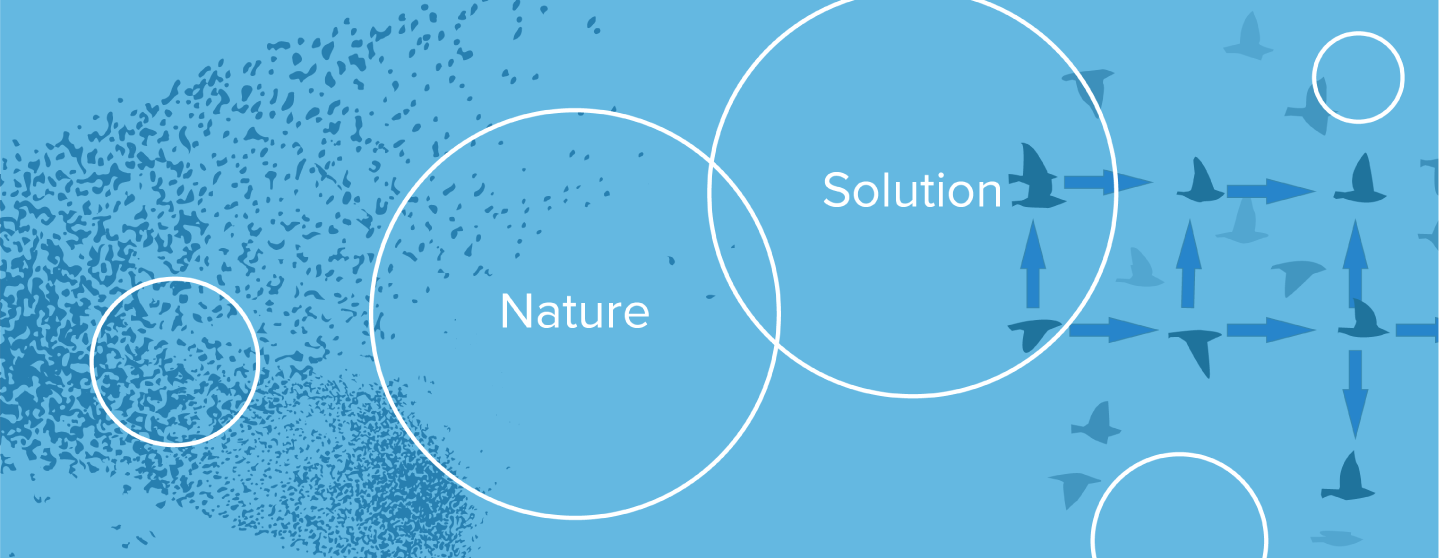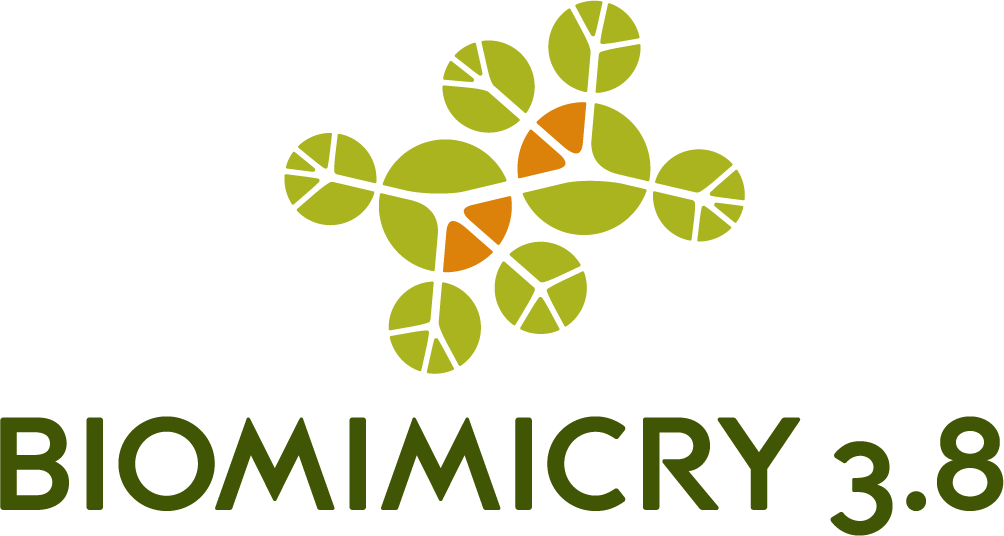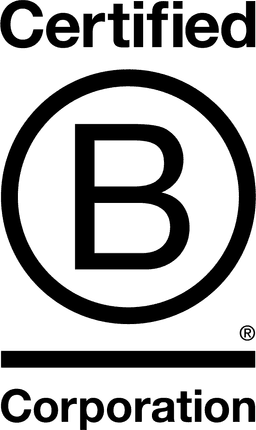

Biomimicry 3.8

1.6
Montana, United States
January 2011
Other professional, scientific & tech
Service with Minor Environmental Footprint
United States
Biomimicry 3.8 is the world’s leading bio-inspired consultancy offering biological intelligence consulting, professional training, and inspiration. Its mission is to train, equip, and connect the world–engineers, educators, architects, designers, business leaders, and other innovators–to sustainably emulate nature’s 3.8 billion years of brilliant designs and strategies. Whether it’s looking to native ecosystems to build factories that function like forests, or studying the armor-like abalone shell to help capture carbon, Biomimicry 3.8 helps organizations turn time-tested biological strategies into sustainable solutions. Since 1998, Biomimicry 3.8 has helped more than 250 clients and partners redesign carpets, furniture, manufacturing processes, airplanes, and even entire cities, all in nature’s sustainable image. Its leadership team, including co-founders Janine Benyus and Dr. Dayna Baumeister, have worked in concert with staff and partners worldwide to reach millions through talks, walks, and media as well as trained hundreds who now practice biomimicry in their professions.
Overall B Impact Score
Governance 16.2
Governance evaluates a company's overall mission, engagement around its social/environmental impact, ethics, and transparency. This section also evaluates the ability of a company to protect their mission and formally consider stakeholders in decision making through their corporate structure (e.g. benefit corporation) or corporate governing documents.
What is this? A company with an Impact Business Model is intentionally designed to create a specific positive outcome for one of its stakeholders - such as workers, community, environment, or customers.
Workers 25.9
Workers evaluates a company’s contributions to its employees’ financial security, health & safety, wellness, career development, and engagement & satisfaction. In addition, this section recognizes business models designed to benefit workers, such as companies that are at least 40% owned by non-executive employees and those that have workforce development programs to support individuals with barriers to employment.
Community 22.3
Community evaluates a company’s engagement with and impact on the communities in which it operates, hires from, and sources from. Topics include diversity, equity & inclusion, economic impact, civic engagement, charitable giving, and supply chain management. In addition, this section recognizes business models that are designed to address specific community-oriented problems, such as poverty alleviation through fair trade sourcing or distribution via microenterprises, producer cooperative models, locally focused economic development, and formal charitable giving commitments.
Environment 6.8
Environment evaluates a company’s overall environmental management practices as well as its impact on the air, climate, water, land, and biodiversity. This includes the direct impact of a company’s operations and, when applicable its supply chain and distribution channels. This section also recognizes companies with environmentally innovative production processes and those that sell products or services that have a positive environmental impact. Some examples might include products and services that create renewable energy, reduce consumption or waste, conserve land or wildlife, provide less toxic alternatives to the market, or educate people about environmental problems.
Customers 9.0
Customers evaluates a company’s stewardship of its customers through the quality of its products and services, ethical marketing, data privacy and security, and feedback channels. In addition, this section recognizes products or services that are designed to address a particular social problem for or through its customers, such as health or educational products, arts & media products, serving underserved customers/clients, and services that improve the social impact of other businesses or organizations.
What is this? A company with an Impact Business Model is intentionally designed to create a specific positive outcome for one of its stakeholders - such as workers, community, environment, or customers.